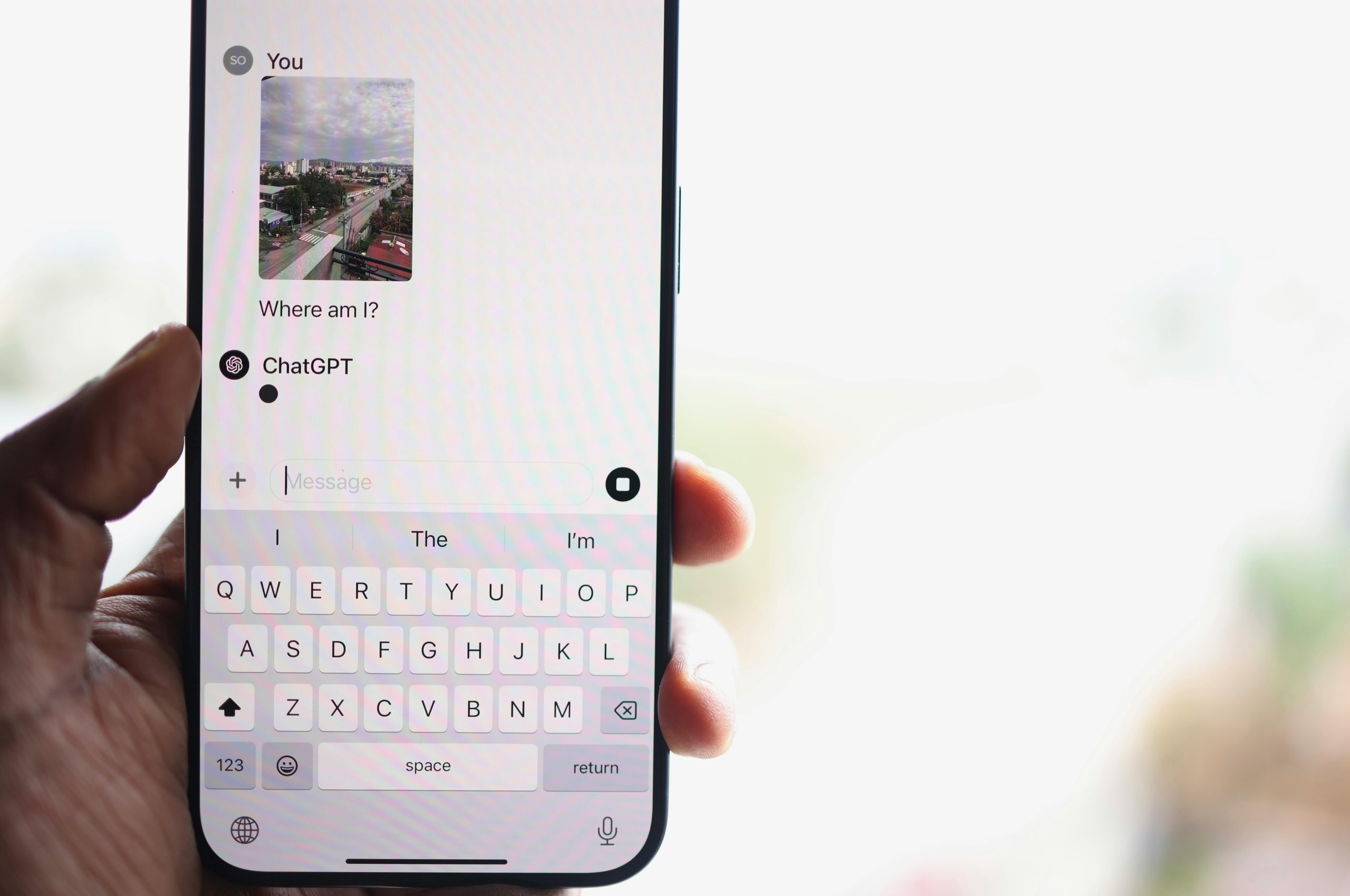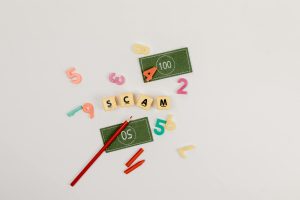I don’t think AI is going to make disinformation worse.
Will Artificial Intelligence Actually Worsen the Disinformation Crisis? A Thoughtful Perspective
In recent discussions surrounding AI and its societal impact, a common concern has emerged: that artificial intelligence could drastically amplify the spread of disinformation. Critics argue that AI’s ability to generate vast amounts of false content at scale might flood the information landscape with deceptive material, making it harder for the public to distinguish truth from lies.
Understanding the scale of content creation
Indeed, AI models trained on extensive datasets produce a substantial volume of content—much of which is low-quality, misleading, or outright false. When observing social media platforms like TikTok, Instagram, or Twitter, it’s evident that AI-generated material is becoming increasingly prevalent. This trend fuels fears that disinformation will proliferate more rapidly than ever before.
Challenging the assumptions
However, I believe this concern might overstate the impact. Consider this: if I, or anyone else, spend time browsing social media—say, scrolling through short videos—the number of videos we typically consume per session hovers around 100 to 150 clips. Whether these videos are created by humans or AI, the quantity we encounter remains largely the same. The introduction of AI-generated content doesn’t necessarily increase the total number of videos we view; it just changes the source.
Furthermore, the existing volume of human-generated disinformation is already enormous—so vast that it’s impossible for any individual to absorb it all. Adding more AI-crafted falsehoods, while large in quantity, may not significantly alter the overall exposure since our attention span and media consumption habits are limited. Our viewing choices tend to be driven by entertainment value, and thus the composition of what we see—whether it includes disinformation or not—may stay relatively consistent over time.
Content formats and susceptibility
Much of modern disinformation isn’t just about outright lies; it’s about framing, editing, and presentation. Short-form videos, meme culture, and edited clips often innately carry misleading narratives without appearing blatantly false. For example, a heavily edited clip of a celebrity or politician might give a skewed impression that isn’t technically false but is misleading enough to influence opinions.
The concern about AI-generated doctored clips is valid. Still, the question remains: given the existing flood of disinformation and how audiences consume media, will additional, AI-produced fabricated content significantly worsen the situation? My suspicion is that it won’t make as much difference as some fear.
Final thoughts
The crux of the matter is that














Post Comment